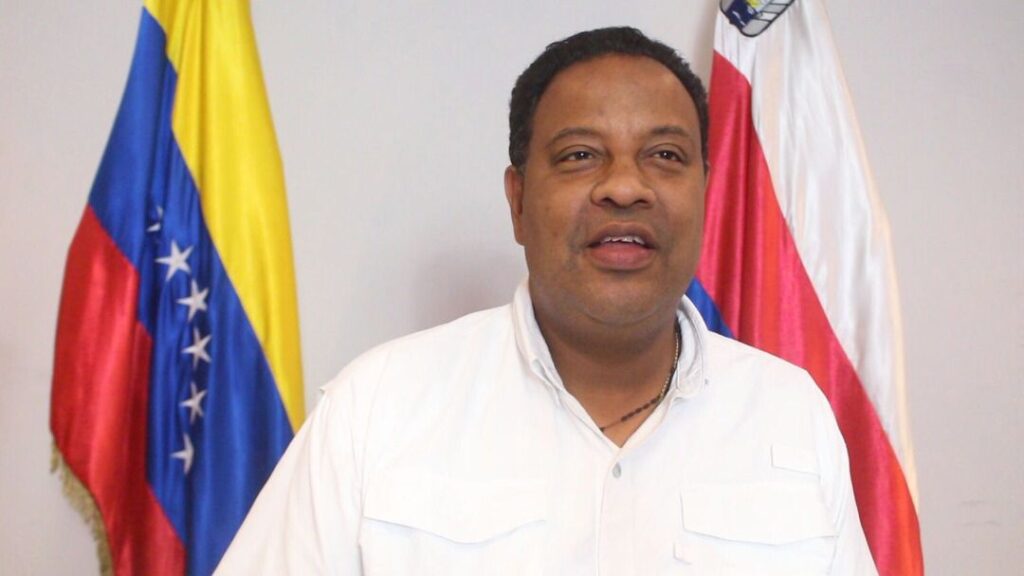Following The Elections, Chavismo Is Demolishing the Municipal Opposition
Since the presidential campaign, tens of mayors and council members have been detained, barred or removed
The opposition mayor of Maracaibo, Rafael Ramírez Colina, was arrested by security agents alongside other crucial municipal officials. While the government accuses them of corruption, the opposition says its an attempt to takeover the mayoralty of the country’s second-biggest city.

The opposition mayor of Maracaibo, Rafael Ramírez Colina, was arrested by agents of the Bolivarian Intelligence Service (SEBIN) last week. Along with Ramírez, they also arrested two other officials and two bodyguards. The arrests follows the detention of the mayoralty’s director, a brother of opposition leaders Juan Pablo and Tomás Guanipa. Later, the SEBIN arrested the director of Human Talent of the Mayor’s Office, Diana Patricia Berríos, after she appointed Vanessa Linares de Ramírez –wife of the mayor in the second most important city in the country– as general director of the municipality.
According to the Public Ministry, the arrests are due to “allegations of corruption” in the mayoralty. Opposition leader María Corina Machado said that they were part of a “wave of terror.” The detainees were sentenced to imprisonment according to Linares de Ramírez. According to the opposition, the government is seeking to impose a Chavista councilwoman as interim mayor of the country’s second biggest city.
Since the presidential campaign, tens of mayors and council members have been detained, barred or removed
Amber Energy Inc., a subsidiary of Elliott Investment Management won the auction for Citgo ‘s parent company Petroleum Corp. with a $7.28 billion offer.
The court-appointed special master has yet to make his final recommendation and other bidders have the option to outbid Elliott during a 45-day period, according to the filing. Elliott has the right to terminate the deal if the special master’s motion to block other creditors from attempting to seize the asset through different courts is denied.
However, the fate of Venezuela’s main overseas asset remains in the balance: U.S. Judge Leonard Stark in Delaware must approve what ultimately emerges as the highest bid. The U.S. Treasury Department’s Office of Foreign Assets Control must also approve the sale, as Citgo is protected by U.S. sanctions.


The difference between the official and parallel exchange rates for dollars and bolivars are increasing again. Why is this happening? How will it impact Venezuela?